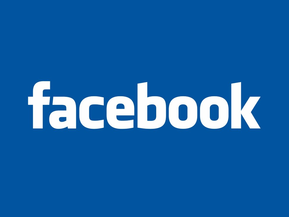Quitting Facebook is not necessary


It is far too early to make that claim, because the number of Facebook profiles online are the wrong metric to look at.
Mindshare is a better metric. You can have a profile online at Facebook yet give it no mindshare at all.
I have my own profile there, with the same data you can find about me here, and I send reports on my writing to Facebook as I would send out an RSS feed.
But I pay Facebook no mind. I don't sign-in to it. I use a third-party program to send it data.
Of course, I'm not in their demographic. I'm over 50 -- well over.
That does not make my experience irrelevant. Because even if you don't take all your mindshare from Facebook, taking some of it away will, if others do it, do just as much damage.
Let's say 1% of users quit Facebook entirely. They talk to people who decide not to quit it. But those people are likely to reduce their use of Facebook, and to seek alternatives. The reputation of Facebook, and of its CEO, take a hit.
That report it was bigger than Google could become like the Beatles' claim they were bigger than God -- the sign of a peak, a signal to sell.
Even personal decisions to just reduce use of Facebook a bit will slow its growth. The growth curve peaks, wobbles a bit, then seems to head down a little. Is it really heading down, or is that a plateau, analysts ask? No, people are looking for alternatives.
And on the Web they will find them. This is just what Facebook did to MySpace. The reputation of the site declined, an alternative started scaling to meet the lost demand, and it all took what seemed like an immense amount of Internet time -- but it was only a few years.
All this illustrates an important point in an open source world. Your reputation is all you've got. Switching costs are low, they barely exist. People can easily take their real friends with them as they leave Facebook, and leave those false Facebook friends behind.
The way to take advantage of this is not to replicate Facebook, as some are doing. It's not to call in the government. It is to replicate portions of what it offers.
My point is you won't notice any of this right away. The Web has made us all asynchronous. Maybe, rather than placing our online lives in any single site we'll just move them to our smartphones. Maybe the replacement for Facebook won't be another Facebook at all. Maybe it's the iPhone.
This is up to all the 400 million members of the Facebook audience, as individuals. We are all free to change our minds at any time, and in any manner we choose.
Reports of Facebook's survival, in other words, are somewhat exaggerated.